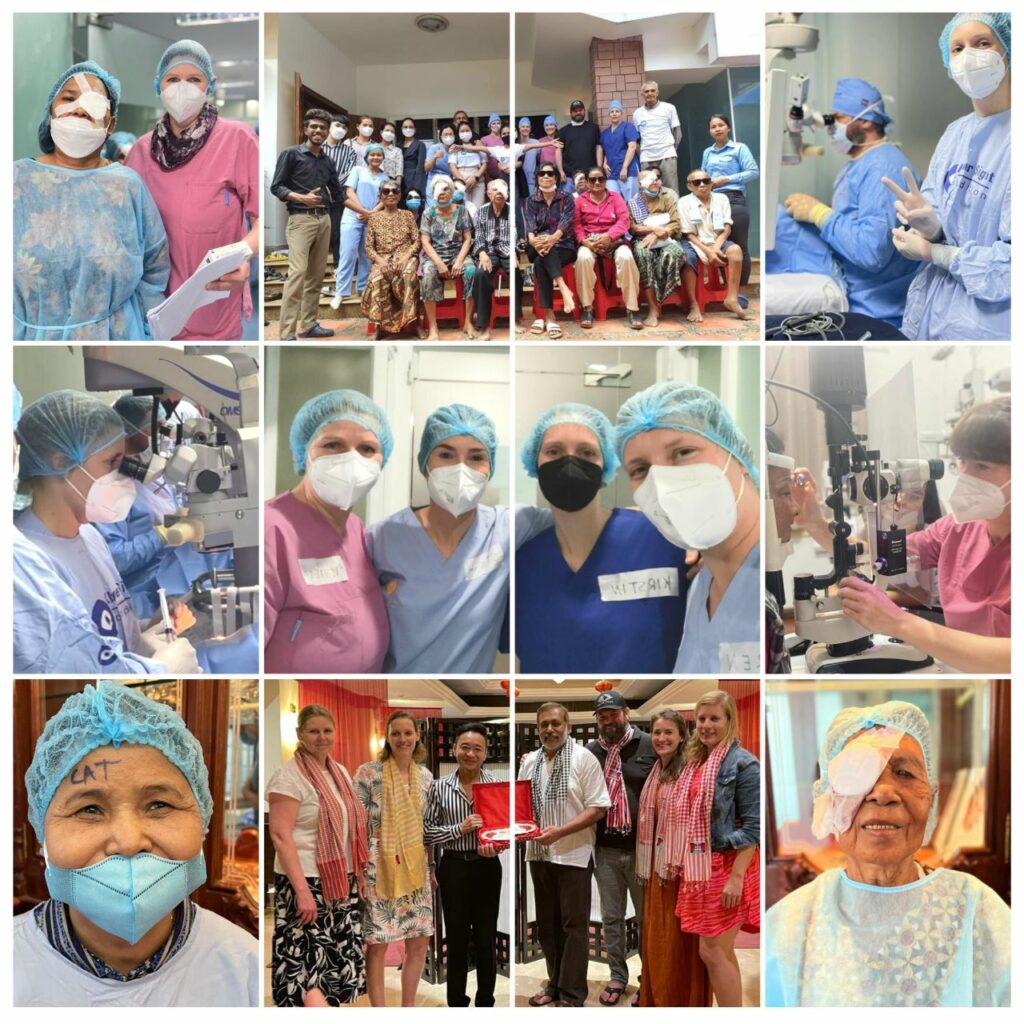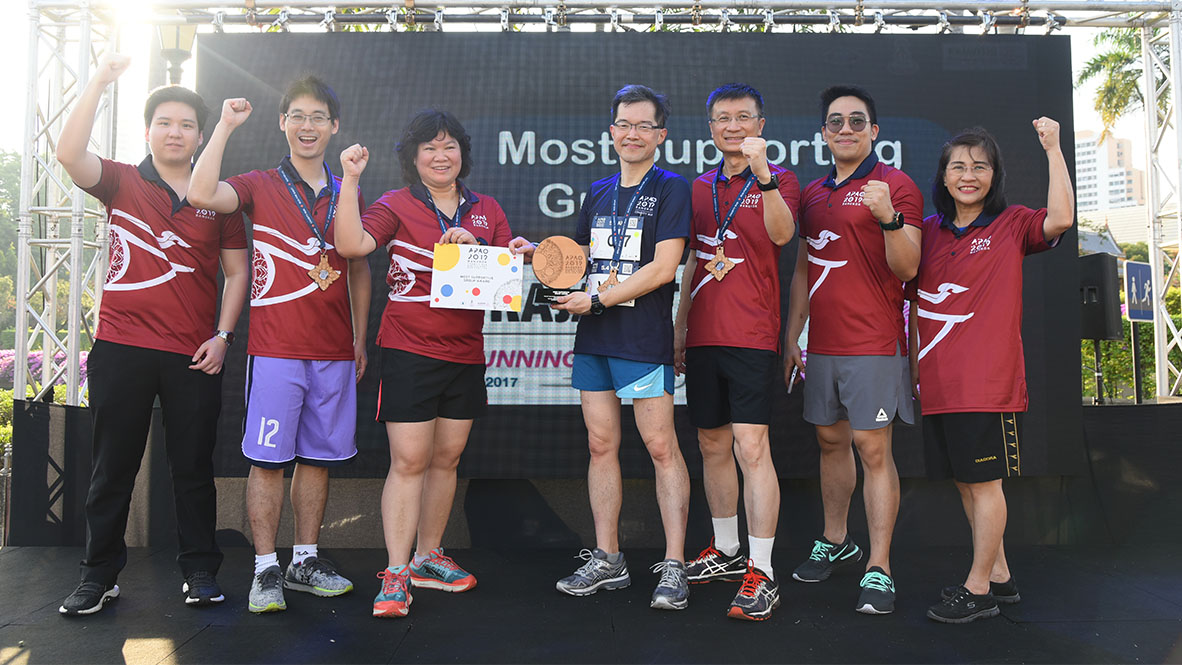When this writer thinks of Cambodia, he imagines white sandy beaches, incredible cuisine and ancient ruins. Long a popular tourist destination, the country oozes culture, history, warmth and vibrancy for the intrepid traveler.
But dig a little deeper into this wonderful land’s troubled past, and you might begin to understand some of the problems which linger and hinder the Kingdom’s development socially and economically.
After the Khmer Rouge (lead by the infamous Pol Pot) seized power in 1975 they began the systematic slaughter of Cambodian citizens. By the end of the regime, some 1.5 to 2 million people (a quarter of the country’s population at the time) had been senselessly murdered.
The genocide was carried out under political, ethnic, religious and racial grounds. Government officials, professionals and intellectuals in particular were targeted. Cambodia’s previous military and political leadership, along with an entire generation of business leaders, journalists, students, doctors and lawyers were effectively wiped out.
To this day, the country is still struggling to recover from this massive loss of knowledge and expertise.
A refugee returns with a remedy…
Dr. Sean Ngu (co-founder of the Khmer Sight Foundation) escaped to Australia as a refugee in the 1970s. He returned in the 1990s with the lofty goal of tackling general health care for communities living in remote parts of the Kingdom, often where there are no medical services available. During his outbound medical missions, he witnessed unnecessary blindness in the region and set up a mobile eye clinic, which is still performing surgeries today. From these humble beginnings, together with his great friend and colleague, the late Dr. Kim Frumar, the Khmer Sight Foundation (KSF) was eventually formed in 2015. Further, it was Dr. Sunil Shah who saved the foundation from closing down when he spent a year with KSF to rebuild it to what it is today, shared Dr. Ngu.
Established as a means for unifying and developing eye care infrastructure in Cambodia, the KSF aims to equip the country with the skills and resources to tackle avoidable blindness independently in the future. International connections within the ophthalmological community enable volunteer specialists to travel to the area, providing training as well as life changing sight-restoring surgery and equipment.
Enter international expertise
These surgery missions are essential for making inroads on the huge backlog of patients awaiting treatment in Cambodia. There is a major lack of qualified ophthalmic surgeons and infrastructure, so international ophthalmologists with specialist skills are wholeheartedly welcomed.
One such specialist ophthalmic surgeon, who has regularly volunteered his time and expertise with the Khmer Sight Foundation, is Dr. Florian Kretz of PVK Precise Vision in Germany. Already involved with similar projects in Uganda and Nepal, and looking for a long-term relationship with an NGO, Dr. Kretz partnered with the Khmer Sight Foundation in 2016.
Unable to travel to the region in recent years due to COVID-19 restrictions, the team at PVK Precise Vision gave online lectures and planned studies to perform in Cambodia that would support the Khmer Sight Foundation. Working together with their local Rotary Club, they were also able to send equipment worth around 100,000€.
Itchy feet ophthalmologists
But they were itching to get back on the ground in Cambodia, and as travel restrictions began to ease in May of this year, that dream once again became a reality.
The surgical team (consisting of Drs. Florian Kretz, Karen Glandorf and Stephanie Henke, and OR managers Michaela Fischer and Kristin Pinke), traveled to Phnom Penh for a week to support Prof. Sunil Shah and the Khmer Sight Foundation.
Prof. Shah, who is the international medical director for the Khmer Sight Foundation, was integral in connecting Dr. Kretz and his team with KSF. Not only are he and Dr. Kretz esteemed colleagues, they are great friends as well. Prof. Shah dedicates untold hours to the Foundation, and travels to Cambodia several times a year to lead surgery missions.
Ocular obstacles to eye health in a developing nation
A surgery drive in Cambodia however, is never a straightforward undertaking. Logistical and infrastructural challenges abound. Unfortunately, the population in rural areas is often cut off from medical care and has no opportunity to have an ophthalmological examination. Basically, there is a lack of well-trained doctors, nursing staff and medical facilities throughout the country.
I was lucky enough to have a chat with Dr. Sean Ngu, who described firsthand some of the challenges and learning experiences KSF has faced bringing modern eye care to the people of Cambodia. He talked about the difficulties involved in simply transporting patients from rural areas to the operating rooms in Phnom Penh: Often located in rugged mountainous terrain, patients with limited or no sight are loaded firstly onto motorbikes, and then into air conditioned buses for the long journey to Phnom Penh. Early iterations of this system however, failed to take motion sickness into account — it turned out many of these Cambodians were traveling for the first time in an enclosed motor vehicle, and became immediately ill. Needless to say, fully functioning windows and regular bathroom stops became a prerequisite for future bus journeys. He went on to explain how many patients don’t really seem to realize what is actually happening until the surgical gown is put over them. Then it finally dawns on them: This is really happening!
The gratitude and kindness of the Cambodian people knows no bounds

Despite these challenges, the rewards of providing sight restoring/life changing surgery far outweigh any difficulties. Dr. Ngu fondly remembers a rural patient who ran a buffalo farm, thanking him profusely, tears in his eyes — overwhelmed with joy that he could see his herd again!
Dr. Kretz offers similar feedback on their work in the region. “Giving them the gift of sight, seeing them smile is the greatest payback ever,” he said.
This particular mission, Dr. Kretz and his team earned the everlasting gratitude of at least another 120 Cambodians — that being the number of sight-restoring cataract surgeries performed in the week they were there.
The benefits are exponential
But “number of surgeries performed” is not the only measurement of success for the fine work the Khmer Sight Foundation undertakes during these surgery missions. Training local ophthalmologists and OR staff in the latest techniques and use of technologies is equally important. Appropriately dubbed “The Multiplier Strategy,” the idea behind this forward-thinking approach is ultimately to develop a robust and capable localized eye care industry for the future — one equipped to deal with the unique challenges facing developing countries like Cambodia.
“Our cooperation with the Khmer Sight Foundation is really not just to treat the poor. We want to establish a proper residency program, facilitate international exchanges, and give the opportunity for better eye health care. We did the first wet lab during our stay with freshly graduated medical students and experienced optometrists. We trained staff for conservative care and how to use modern diagnostics,” shared Dr. Kretz
So, the success of this and previous surgery missions is multiplied through an educative and enabling approach. Internationally renowned surgeons pass on their expertise to local ophthalmologists, who can then train more staff, and so on and so forth.
Dr. Ngu is at pains to explain how restoring the sight of an individual within a community also frees that patient’s carer of their responsibilities. Thus restoring the sight of one person, leads to the return of two able-bodied citizens to the community.
Warm fuzzies abound
The team at PVK Precise Vision, working with the Khmer Sight Foundation, continues to take away many positives from their time in Cambodia. Dr. Kretz admires the gratitude and kindness of the local people: “Cambodians are grateful. They are supportive and giving them the gift of sight, seeing them smile is the greatest payback ever. A Cambodian would give you his last bowl of rice.”
Perhaps a good indication of the appreciation Cambodians have for the amazing results
PVK Precise Vision and the Khmer Sight Foundation have achieved on these missions is exemplified by the fact Dr. Kretz and Professor Shah were welcomed and honored for their ongoing commitment to tackling eye health in the region by Cambodia’s High Prince Sisowath Tesso. Kudos to their success, recognition and dedication to saving sight in communities where it is most needed!
Editor’s Note: A version of this article was first published in CAKE Magazine Issue 14.






